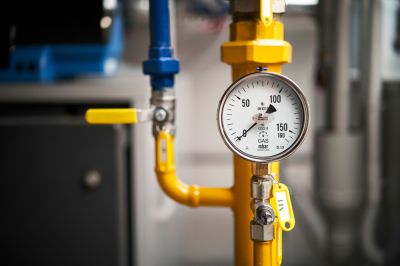
Gas Pipe Installation in Vermont
Safe and Reliable Gas Supply: Professional gas pipe installation ensures that your home has a safe and reliable gas supply, preventing leaks and potential hazards. Compliance with Building Codes: Experienced installers are well-versed in local building codes and regulations, ensuring that your gas system meets all legal requirements. Expert Installation for Efficiency: Proper installation by experts maximizes the efficiency of your gas system, reducing energy waste and lowering utility bills. Reduced Risk of Gas Leaks: Professional installers take precautions to minimize the risk of gas leaks, protecting your family from potential health and safety issues. Proper Appliance Functionality: Gas pipe installation experts ensure that gas appliances, such as stoves and heaters, function correctly, preventing malfunctions and breakdowns. Enhanced Home Value: A professionally installed gas system can add value to your home, making it more attractive to potential buyers or renters. Peace of Mind: Knowing that your gas system is expertly installed provides peace of mind, reducing worries about safety and functionality. Cost Savings in the Long Run: While professional installation may have an initial cost, it can save you money in the long run by preventing costly repairs and improving energy efficiency.Benefits of Gas Pipe Installation Service
Details on the Benefits of Gas Pipe Installation Service
Questions and Answers about Gas Pipe Installation Service